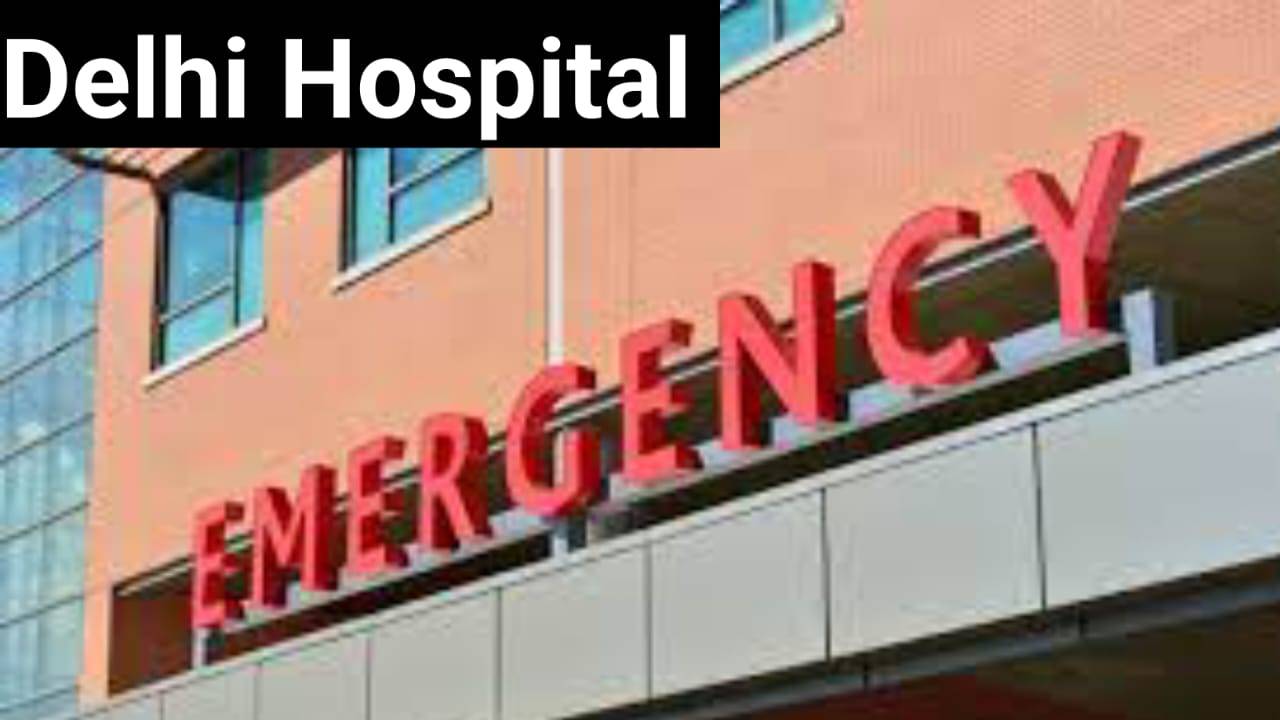Introduction
Delhi, India’s bustling capital city, is home to millions of people, with a diverse population spanning various socio-economic backgrounds. While Delhi boasts some of the finest healthcare facilities in the country, the reality is that not everyone can afford the high costs associated with medical treatment. In response to this pressing issue, the Delhi government has taken significant steps to provide free medical treatment to those in need, making quality healthcare accessible to the underprivileged. In this article, we will explore the initiatives and programs that aim to bridge the gap and provide free medical care in Delhi.
Mohalla Clinics
One of Delhi’s most innovative healthcare initiatives is the Mohalla Clinics, a primary healthcare system established across the city. These clinics offer free consultations, basic diagnostic tests, and essential medicines. They serve as the first point of contact for medical care for many residents, ensuring that common ailments are addressed promptly and effectively. The convenience and accessibility of Mohalla Clinics have made a substantial impact on the well-being of the underprivileged.
Delhi Government Hospitals
Delhi is equipped with several government-run hospitals that provide free or highly subsidized medical services. These hospitals are staffed with qualified doctors, nurses, and modern medical equipment, ensuring that the underprivileged receive quality healthcare. The All India Institute of Medical Sciences (AIIMS) and Lok Nayak Hospital are prominent examples of such facilities. In addition to general healthcare, they offer specialized treatments for a wide range of diseases.
Jan Aushadhi Stores
The Delhi government has also introduced Jan Aushadhi Stores, which supply affordable generic medicines to the public. This initiative makes essential medications accessible to all, even those with limited financial resources. By reducing the cost of prescription drugs, Jan Aushadhi Stores have significantly improved healthcare affordability in the city.
Health Insurance Schemes
To further bolster the accessibility of free medical treatment, the Delhi government has implemented health insurance schemes. These schemes cover medical expenses for economically disadvantaged individuals and families. The most notable among these programs is the “Delhi Arogya Kosh” scheme, which provides financial support for medical treatments and surgeries.
Surgical and Diagnostic Camps
To reach individuals in remote or underserved areas, the Delhi government organizes medical camps that offer free surgeries and diagnostic services. These camps provide critical interventions, such as cataract surgeries, dental care, and cancer screenings, to those who might otherwise never receive the necessary medical attention.
Free Vaccination Drives
Vaccination plays a crucial role in preventing diseases, and the Delhi government has made substantial efforts to ensure that underprivileged individuals have access to free vaccines. Immunization programs are regularly organized, focusing on children and adults alike, to protect the population from various preventable illnesses.
Telemedicine Services
In the wake of the COVID-19 pandemic, telemedicine services have gained prominence. The Delhi government has embraced this technology to provide remote healthcare consultations, ensuring that individuals can seek medical advice without leaving their homes. This has been especially beneficial for those who cannot travel to healthcare facilities due to financial constraints or health issues.
Awareness Campaigns
To make sure that the underprivileged are aware of the free medical treatment options available to them, the Delhi government conducts awareness campaigns. These campaigns inform people about the various healthcare programs, their eligibility criteria, and how to access them. This proactive approach is crucial in reaching those who need medical assistance the most.
Conclusion
Access to free medical treatment in Delhi is a testament to the government’s commitment to improving healthcare equity. Through initiatives like Mohalla Clinics, government hospitals, Jan Aushadhi Stores, health insurance schemes, medical camps, vaccination drives, telemedicine services, and awareness campaigns, the underprivileged population of Delhi is gradually gaining access to quality healthcare. These programs are a beacon of hope, demonstrating that it is possible to bridge the gap in healthcare accessibility and provide a brighter future for those who need it most. While challenges persist, the concerted efforts of the Delhi government show that affordable and accessible healthcare for all is an achievable goal.
